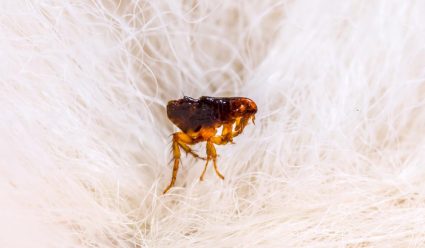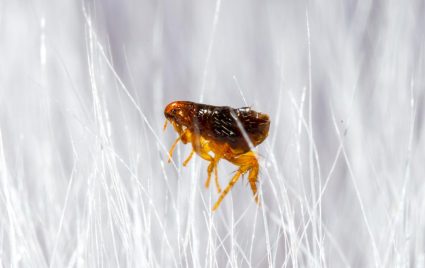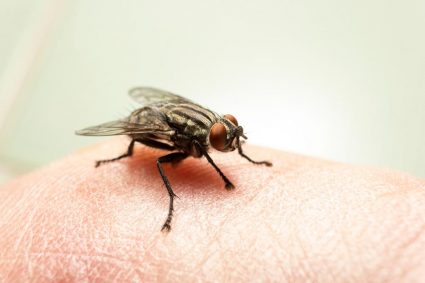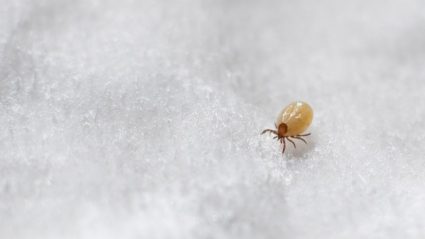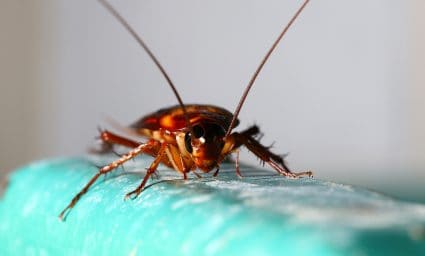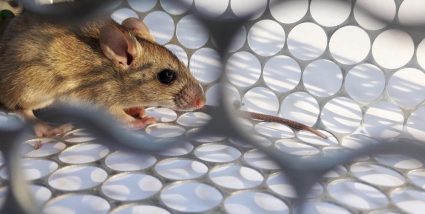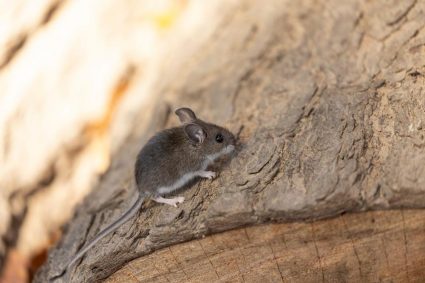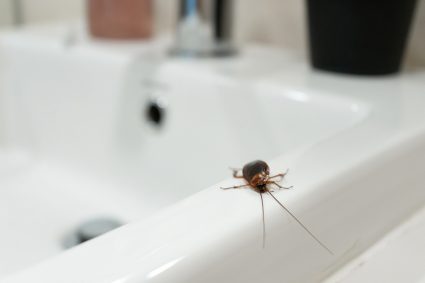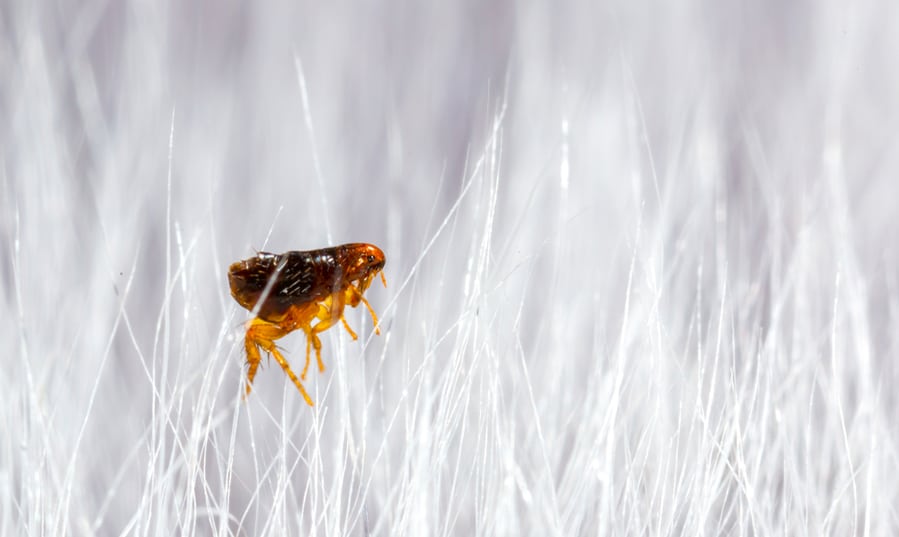
Have you wondered how fleas get into your house? Their bites are itchy and painful, and they seem to stick around for too long. Let’s find out.
- Fleas get into your house through a warm-blooded host.
- They are a nuisance and also serve as disease vectors to man and animals.
- Prevention of flea infestation is achievable.
Fleas aren’t burdensome only to pets, they are equally a menace to humans. This article provides detailed information on flea infestation, health implications, and prevention and control of fleas in your home.
How Does Flea Infestation Start?
It all starts with the presence of adult fleas in the environment. The adults quickly search for a suitable host (usually a furry animal) and obtain a meal by feeding on their host’s blood, after which digestion begins almost immediately.
Following feeding and digestion, the male and female seek out each other for mating, which occurs on the host’s body because feeding and a warm surface temperature are the prerequisites for mating; unfed fleas do not mate.
House With Pets
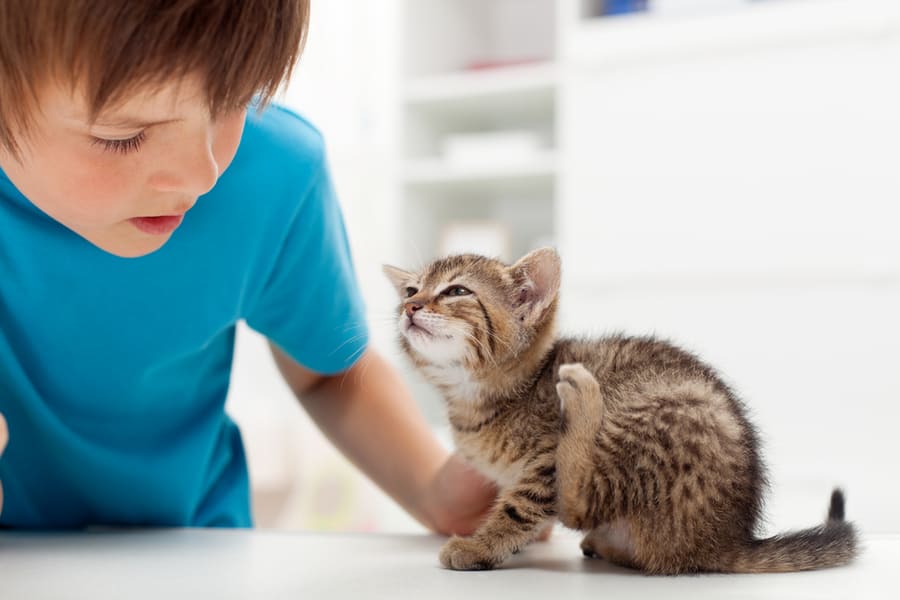
These fleas would jump unto your pet to obtain blood and shelter; they mate and breed on them.
You might wonder, how does the adult get into the environment in the first place? Fleas are ubiquitous, which means you can find them almost everywhere.
Though they are mostly found on dogs and cats, fleas are not particularly picky about hosts and will take up residence in almost any animal, which is one reason for their wide geographical distribution.
Infestation occurs soon after mating. Infestation refers to the presence of a large population of adults or developing fleas in your home. A recent study suggests that 75% of fleas are female, this implies that before they die, they would leave behind a large number of developing arthropods.
An adult female flea would lay some 40 eggs every day, and these eggs would drop off from your pet’s fur as they move around, gradually depositing themselves in every corner of your home.
House Without Pets
Did you just move him into a new apartment?
Chances are that the former occupant of the house was a pet owner or a livestock farmer. They may have tried to get rid of the fleas too but didn’t meet much success with it.
You might be experiencing this because a neighborhood dog or cat is heavily infested and they are shedding large amounts of these bugs at the moment. It could also be that friend visited you with their infested pets, and some of the fleas dropped off while in your home.
Another possibility is that you brought in some infested furniture materials or clothing into your home. A friend may unintentionally bring them to your home while visiting as fleas can also occupy human clothing for some time period.
Some COVID-19 virus-derived proteins have been identified in species of cat fleas, and it bears a potential of transmission to cats and humans.
How Do I Prevent Fleas From Infesting My Pet?
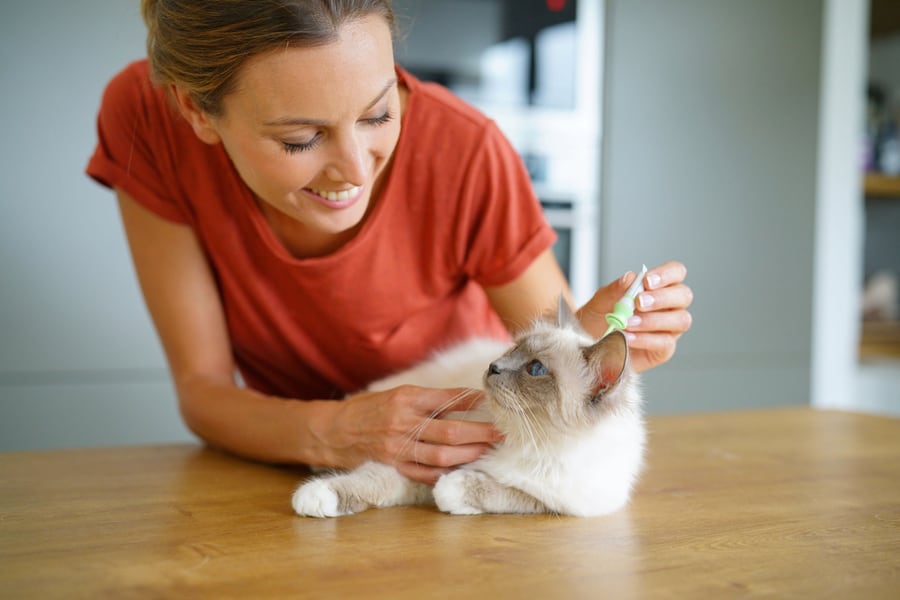
• Bath your pets regularly with anti-flea shampoo.
• Do not allow your pets access to vegetation or lawns as these areas may harbor fleas.
• Do not allow your pets to associate with neighborhood animals if you are unsure about their status.
• Always bathe your dog with anti-flea shampoo after returning from the veterinary hospital.
• Check your pet’s coat regularly for parasites and report promptly to your veterinarian.
How Do I Get Rid of Fleas in My House?
Here is a summarized four-step approach by the CDC to keeping fleas from your home:
• If possible, discard old furniture or vacuum them with extra care.
• Apply insecticide sprays to all the areas you have previously vacuumed.
• Use Insect growth regulators to kill the immature stages of fleas.
• Complete the flea treatment on your pet as recommended by the veterinarian.
Can Fleas Harm Us?
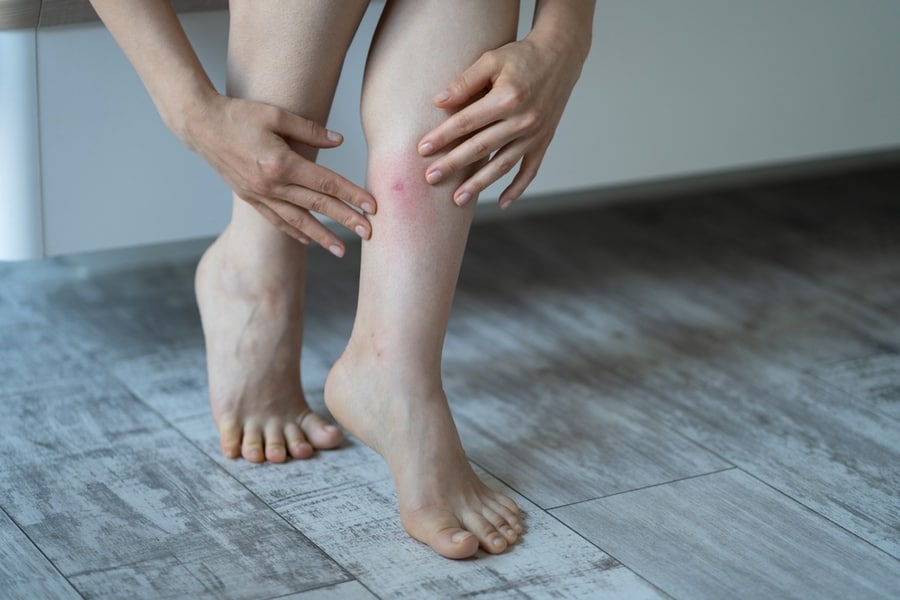
Yes, they can. Fleas from pets or the surroundings can bite humans. When fleas in the environment detect the presence of a warm-blooded host, such as humans or animals, they leave their cocoons, attach themselves to the host and obtain a blood meal from them.
Bite from a flea would cause severe skin reactions like erythema, papules, or macules appearing as red raised patches mostly on the feet. Worse still is that fleas can act as disease vectors for Bartonellosis, Typhus, and Rickettsia, and these diseases can be transmitted when they bite humans.
The presence of fleas in your home can also cause social anxiety/sadness because it is frequently misinterpreted as a sign of poor hygiene, which is not always the case.
It can also strain relationships between pets and their owners, because pet owners may become frustrated by a flea infestation in their home and blame their pets for it.
Conclusion
Fleas get into your home through warm-blooded hosts. They quickly multiply themselves and hide in Aside from biting their host and feeding on blood, they can also transmit blood-borne parasites that cause diseases; hence it is important to prevent them from entering your home.
You can get rid of fleas from your home by applying all the suggestions listed above. Do not expect fleas to leave instantly; the process is gradual and will take some time.
Frequently Asked Questions
How Do I Prevent Fleas From My House?
- Fumigate before relocating to a new residential apartment.
- Regular vacuuming of your home and pet housing.
- Seal any cracks or crevices in your home.
- Regular decluttering.
- Consult your veterinarian for preventive measures against fleas and follow the recommendations.
Are Fleas Nocturnal?
Yes, to an extent. Though they are more active at night, their activities never completely cease during the daytime.
How Do I Fumigate My Home Against Fleas?
Apply insecticide spray to cracks, crevices, and the underside of your bed. The use of hot steam at a temperature of about 100.4 °F would kill all life stages of fleas. Use this steam on all areas previously sprayed with insecticide.

